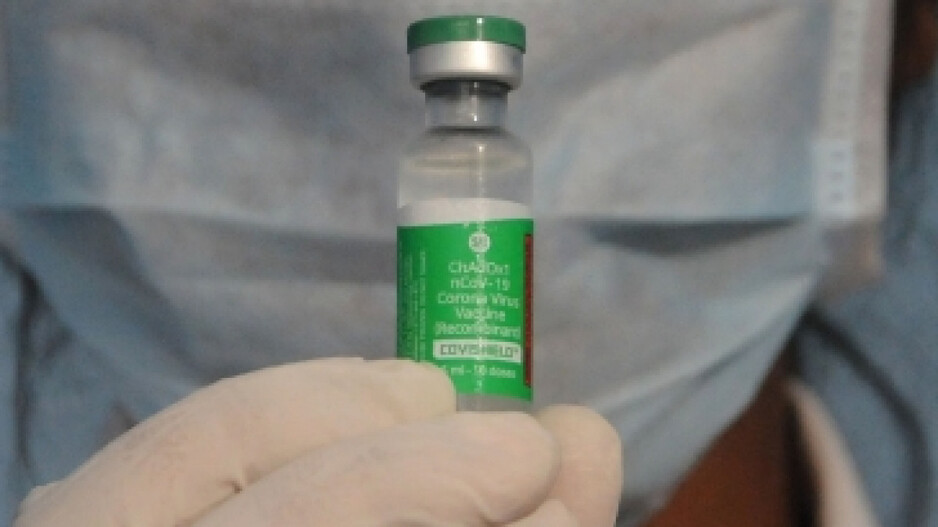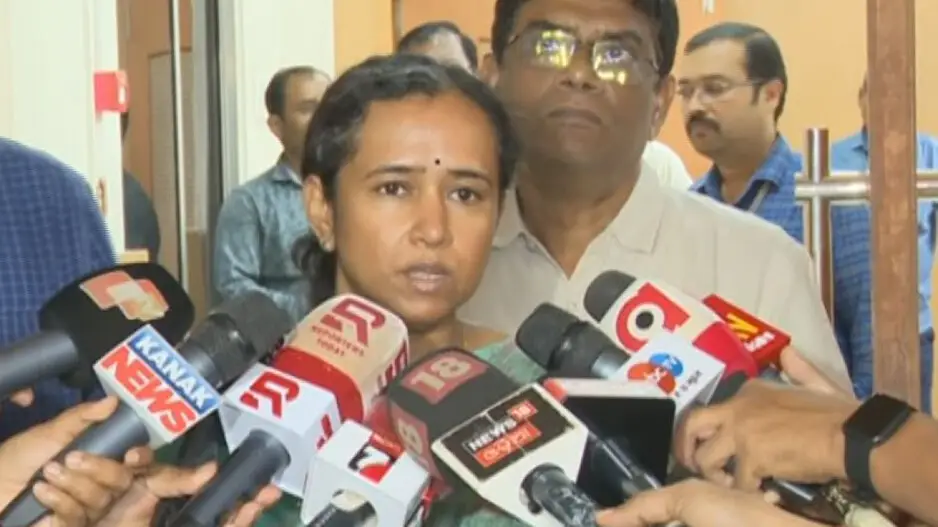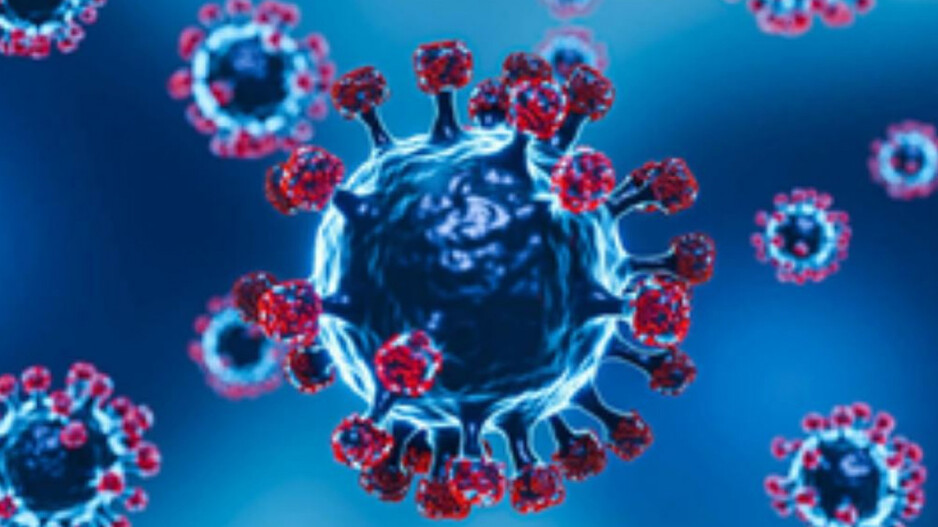/odishatv/media/post_attachments/uploadimage/library/16_9/16_9_0/recent_photo_1747723001.jpg)
Covid-19 cases cross 1000 mark in India; know govt advisory to strict precautionary measures
As of May 26, 2025, India has reported over 1,000 active COVID-19 cases, marking a resurgence in the infections. The total active caseload stands at 1,009, with Kerala leading at 430 active cases, followed by Maharashtra and Delhi, which have surpassed 100 active cases each.
According to government data, Kerala currently has 430 active cases with notable case counts include Maharashtra (209), Delhi (104), Gujarat (83), Karnataka (47), Uttar Pradesh (15) and West Bengal (12). While four people have died in Maharashtra, Kerala reported two deaths followed by one death in Karnataka.
This uptick is attributed to the emergence of new Omicron subvariants, NB.1.8.1 and LF.7, detected in states like Kerala, Tamil Nadu, Maharashtra, and Gujarat. These variants are also contributing to increase in cases in other Asian countries, including Singapore and Hong Kong.
In the past week, India has recorded seven COVID-19-related deaths across five states. While the situation is under control, health authorities are closely monitoring developments. The Union Health Secretary recently reviewed the situation to strategize appropriate responses.
Government Advisory:
The Directorate General of Health Services has issued a new advisory directing all government and private hospitals to enhance preparedness. The advisory urges hospitals to ensure the availability and functionality of key equipment.
“All the equipment such as Ventilators, Bi-Pap, Oxygen Concentrators, PSA etc. are in functional condition,” it stated.
Hospitals must also conduct staff refresher training, report ILI/SARI cases on IHIP, and submit all positive samples to Lok Nayak Hospital for genome sequencing.
“Respiratory etiquettes are being followed, including wearing mask in hospital premises,” it added.
Precautionary Measures To Be Taken:
1. Mask Usage: Continue wearing masks (surgical or N95 in high risk areas) in crowded or enclosed spaces. Make sure the mask covers your nose and mouth and fits snugly.
2. Hand Hygiene: Regularly wash hands with soap or use hand sanitizers. Avoid touching your eyes, nose and mouth.
3. Avoid Crowded Places: Maintain social distancing, especially in public gatherings. Avoid unnecessary travel and work from home if possible.
4. At home: Keep surfaces (doorknobs, phones, tables) regularly disinfected. Ensure good ventilation in rooms. Isolate anyone showing symptoms and seek medical advice promptly.
5. Stay Informed: Keep abreast of local health advisories and guidelines. Follow Ministry of Health and Family Welfare (MoHFW) and World Health Organization for updates.
Actor Shreyas Talpade who got second life after heart attack suspects COVID-19 vaccine side effect

AstraZeneca admits Covishield vaccine may cause rare side effects: 10 shocking things to know

COVID-19 resurgence: No need to panic, tells Health Secretary after man tests positive for coronavirus in Bhubaneswar

No panic needed over new 'FLiRT' Covid variants, say experts

/odishatv/media/agency_attachments/2025/07/18/2025-07-18t114635091z-640x480-otv-eng-sukant-rout-1-2025-07-18-17-16-35.png)

/odishatv/media/media_files/2025/09/22/advertise-with-us-2025-09-22-12-54-26.jpeg)
